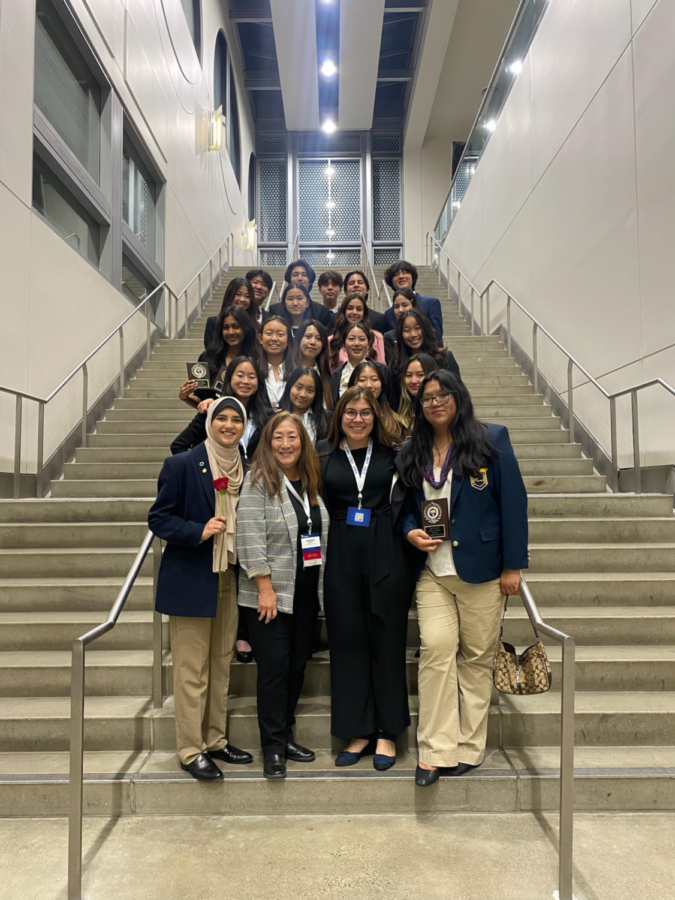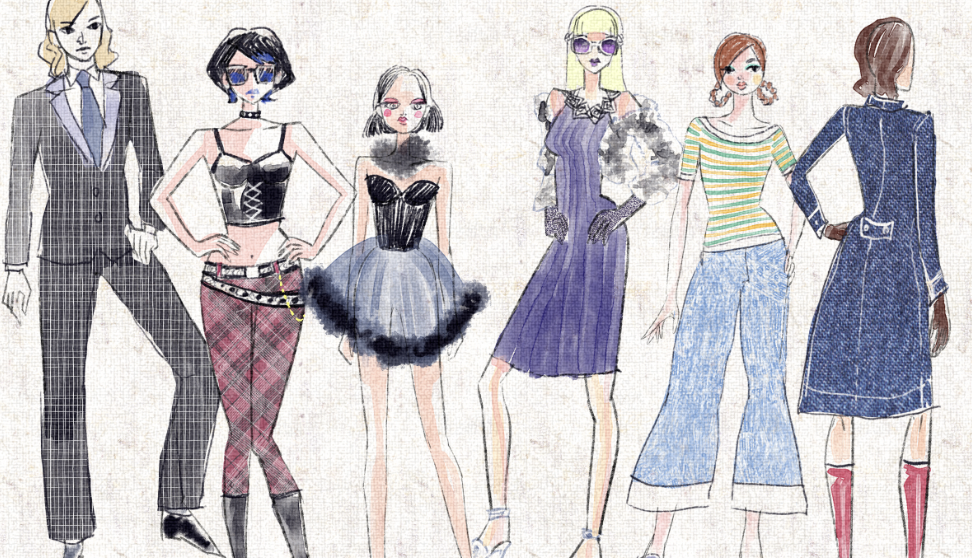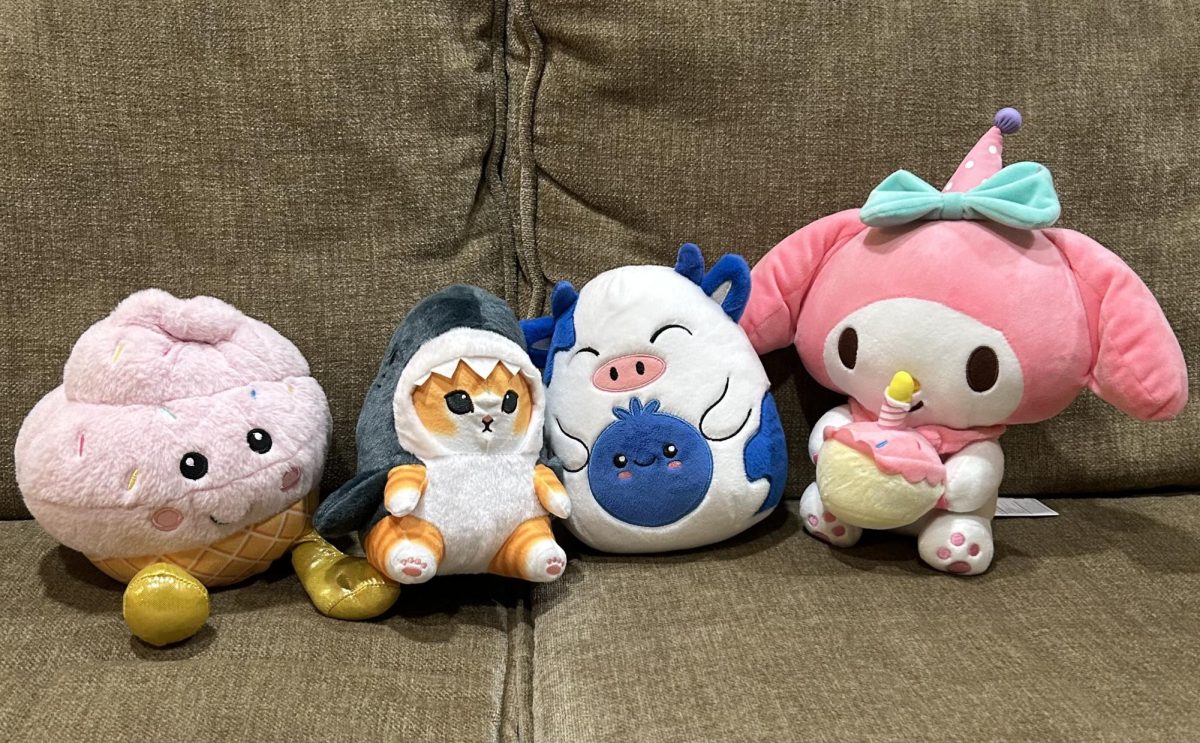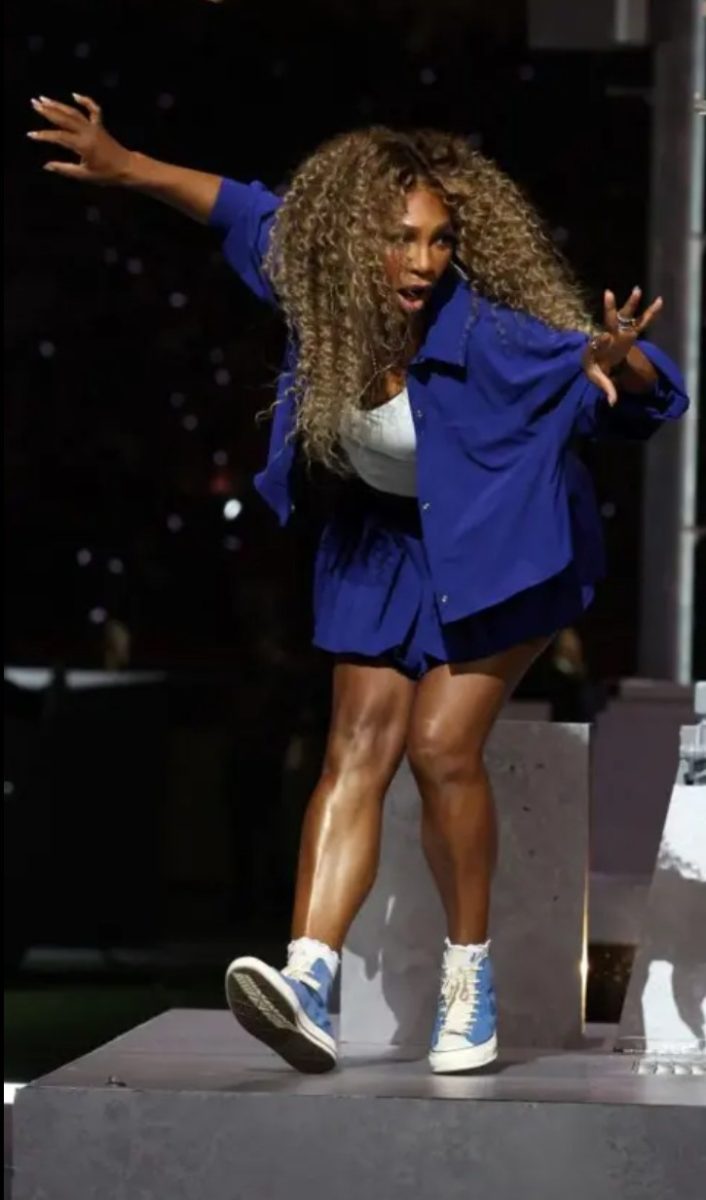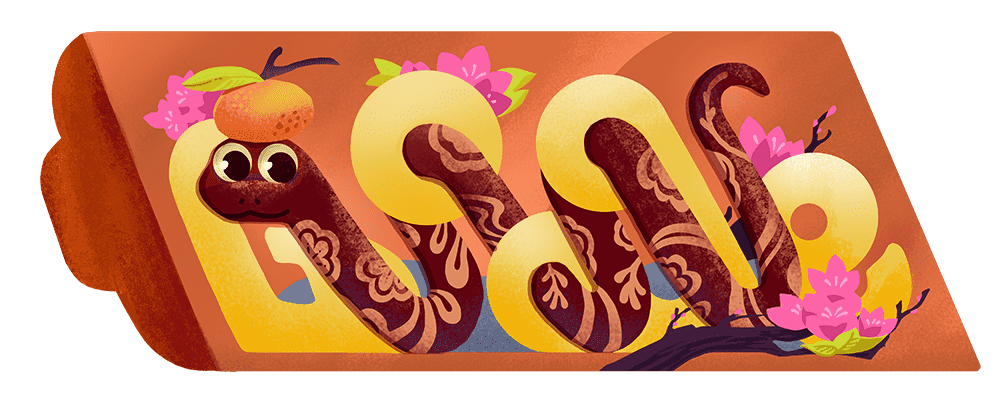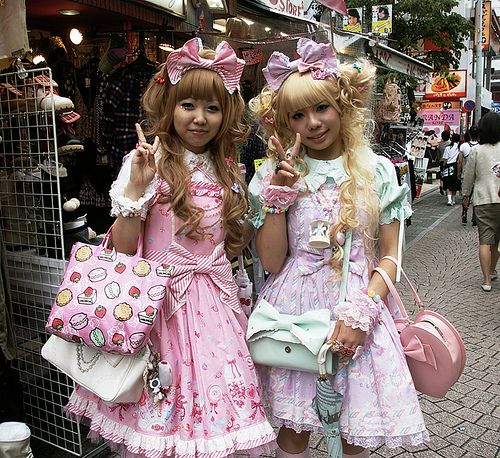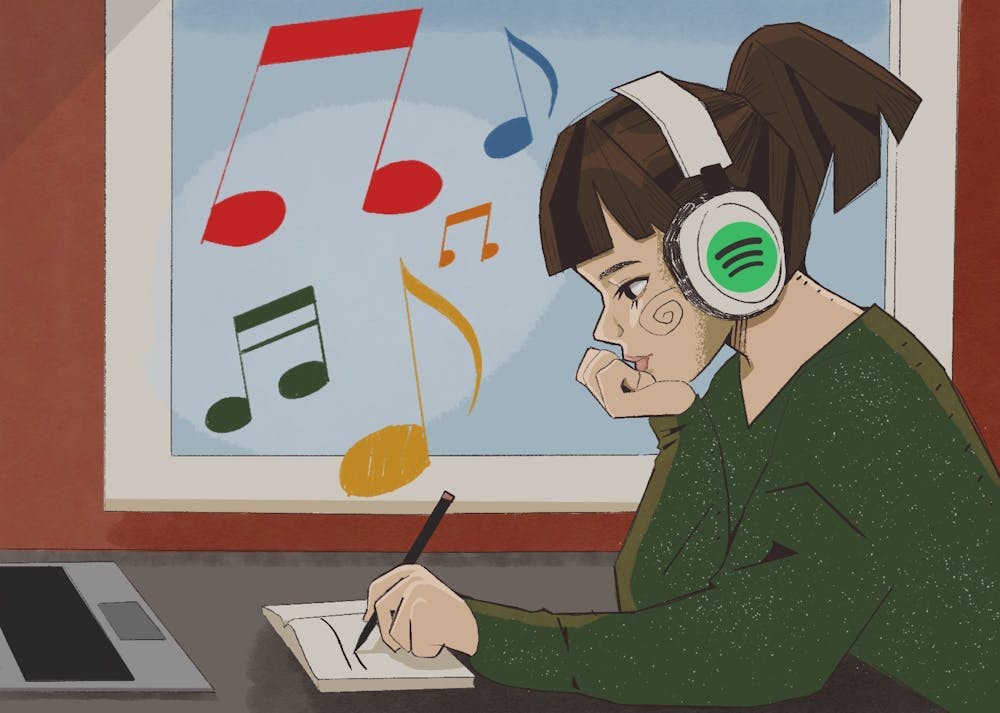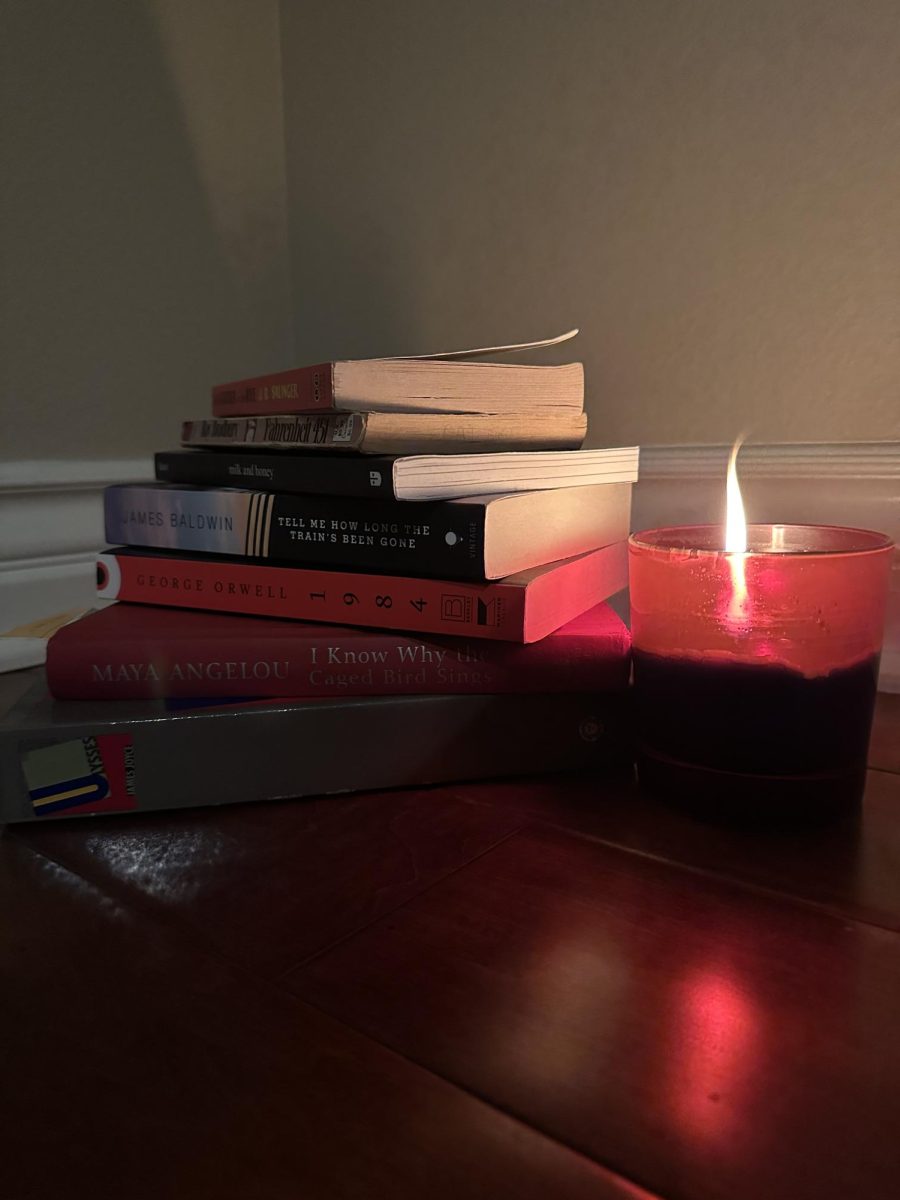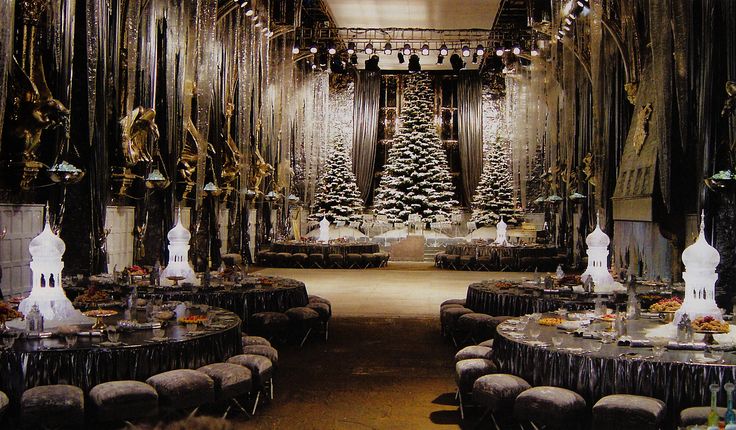Ai Yazawa is a well-renowned Japanese manga artist known for her emotionally rich storytelling and distinct artistic style. What sets Yazawa apart from many other manga creators is her avoidance of glorifying or idealizing her characters. She does not create perfect protagonists who always make the right choices or live in a world where love wins all. Instead, her characters are deeply flawed, making impulsive decisions, experiencing heartbreak, and often facing the consequences of their own actions.
Yoyo Cao (10) shares, “For me personally, I enjoy how Ai Yazawa explores human emotions and the struggles of finding one’s place in the world. Her characters, even the main ones like Nana Komatsu and Nana Osaki, aren’t immune to the dark sides of life, which makes them feel so real to me.” This unfiltered portrayal of human nature allows readers to see themselves reflected in her stories, making Yazawa’s works stand out as some of the most emotionally resonant in the genre.
With works like Neighborhood Story, Paradise Kiss, and Nana, she has captivated readers by writing about themes of love, ambition, and self-discovery. Her characters navigate the complexities of adulthood, relationships, and personal growth in ways that feel raw and authentic. Through her sharp dialogue and intricate character dynamics, Yazawa creates tales beyond typical shojo romance or coming-of-age stories.
A Neighborhood Story (Gokinjo Monogatari):
Ai Yazawa’s Neighborhood Story is one of her earlier works, first serialized in the mid-1990s. Although it may not be as widely recognized as Nana or Paradise Kiss, it became the foundation for many of the themes and elements that would later define her style. With its focus on young artists, romance, and self-discovery, Neighborhood Story captures the essence of youth in a way that is both heartfelt and visually striking. It also connects to Paradise Kiss, as it takes place in the same universe and even features some overlapping characters.
The story follows Mikako Koda, a high-spirited and ambitious high school student who dreams of becoming a successful fashion designer. She attends Yazawa Art Academy with her childhood best friend Tsutomu Yamaguchi and as they navigate their teenage years, their friendship begins to evolve into something more. Alongside their group of quirky and lovable friends, Mikako and Tsutomu face the ups and downs of creative pursuits, personal insecurities, and the complexities of young love. While there are conflicts and emotional struggles, the story maintains a lighthearted and hopeful tone, making it a charming and engaging read.
One of the most compelling aspects of Neighborhood Story is how it portrays both the struggles and joys of chasing one’s dreams. Mikako is passionate but also stubborn and prone to self-doubt, making her a relatable and realistic protagonist. Her relationship with Tsutomu is filled with misunderstandings and growing pains, but it never falls into overly dramatic or toxic territory. Alongside this, the supporting cast adds depth and warmth to the story, making the characters feel like real people rather than idealized figures.
What I love most about Neighborhood Story is that, compared to Yazawa’s later works, it feels softer and less emotionally devastating. While Nana and Paradise Kiss explore heartbreak, toxic relationships, and the harsh realities of adulthood, Neighborhood Story retains a sense of innocence and optimism. It still tackles important themes of self-identity and personal growth, but in a way that is more comforting, rather than overwhelming. The story even offers a somewhat happy ending, which is considerably rare in Yazawa’s works. For these reasons, Neighborhood Story holds a special place in my heart. It’s a beautiful, heartfelt manga that showcases Yazawa’s signature style while being an easier, uplifting read.

Paradise Kiss:
Paradise Kiss is one of Ai Yazawa’s most iconic works, showcasing her ability to weave together fashion, romance, and the complexities of adulthood in a captivating way. In the early 2000s, Paradise Kiss marked a shift from her earlier, lighter works like Neighborhood Story to something deeper, more dramatic, and emotionally intense. With its focus on the world of high fashion and the lives of aspiring designers, it not only explores the struggles of pursuing one’s dreams but also delves into themes of self-identity, love, and family. The story is centered around Yukari, a high school student who unexpectedly becomes involved with a group of eccentric art students led by the mysterious and charismatic designer George.
Yukari’s journey of transitioning from a dutiful yet lost high schooler to a confident young woman navigating her personal and professional dreams is both inspiring and difficult. Her romance with George is one of the most complicated and chaotic relationships in Yazawa’s works. George is undeniably charming and goal-oriented, yet his often selfish, narcissistic, and unpredictable behavior creates tension and frustration, making him a love-hate character for many readers. Similarly, Yukari’s emotional journey is filled with missteps and moments of uncertainty that can be infuriating, but they also make her growth feel more authentic.
What I love about Paradise Kiss is that it’s more than just a simple romance story. It’s a journey of self-discovery and it captures the beautiful chaos of young adulthood. Also, the outfits and fashion panels are absolutely gorgeous, capturing the spirit of the fashion world with stunning attention to detail. The storytelling is rich; the struggles, especially those surrounding family dynamics and the search for one’s purpose, are truly relatable. Despite their imperfections, there’s an undeniable pull to their journey, and as a reader, you can’t help but feel invested in their struggles – even when they give you a roller coaster of emotions. Ultimately, it’s a work of art, combining fashion, storytelling, and raw emotion in a way that resonates long after the last page is turned.

Nana:
Nana is arguably Ai Yazawa’s most well-known and influential work, and for good reason. Serialized in the early 2000s, it quickly became a staple in the world of manga, praised for its complex characters, deep emotional exploration, and mature themes. Nana surrounds two women, both named Nana, whose lives intertwine in ways that are both beautiful and devastating.
Nana Komatsu is a naive, love-struck young woman who moves to Tokyo in search of independence, while Nana Osaki is a rebellious, passionate punk rock singer determined to make it big. Their friendship, despite their contrasting personalities and backgrounds, becomes a central part of the story as they navigate the ups and downs of life, love, and ambition. Nana Komatsu, with her vulnerability and impulsiveness, often struggles with her sense of identity and her place in the world, while Nana Osaki’s fierce independence and emotional walls are slowly peeled back throughout the series. The relationships in Nana are messy, reflecting the struggles of balancing love, personal aspirations, and the harsh realities of life.
What makes Nana stand out, even more, is how it tackles difficult and mature themes. The series delves into topics such as addiction, heartbreak, jealousy, and the complexity of human relationships in a way that few mangas do. While the characters are flawed, they are also deeply human, making their struggles all the more impactful. The emotional depth of the series is what draws readers in, as they watch the characters go through difficult transformations, both personally and in their relationships. The tension, the heartbreak, and the moments of joy are balanced in a way that makes each chapter feel like a raw emotional experience.
For me, Nana is the one that resonated the most, though it was undoubtedly the hardest to push through due to its mature themes and intense plot elements. This story felt the most realistic and heartbreaking, with every emotional moment hitting me harder than the last.

Overall, Ai Yazawa’s stories truly are a work of art. If in a dilemma between watching the anime versions or the original manga copy of her works, both are equally as good; however, I believe that the manga holds more of an emotional factor. If you haven’t already, you should definitely consider reading one of her stories to dive into the raw, relatable, and beautifully complex worlds she creates.


